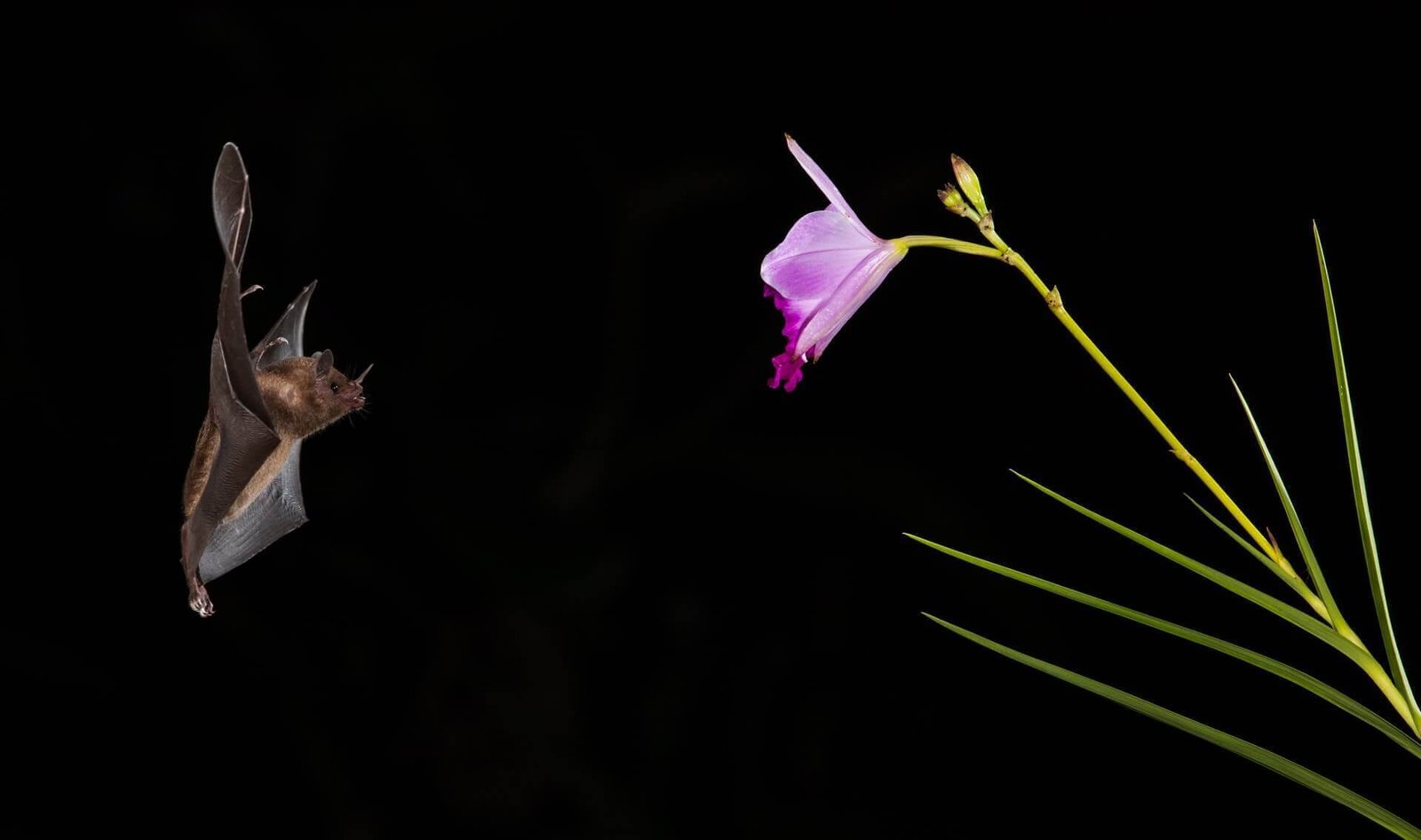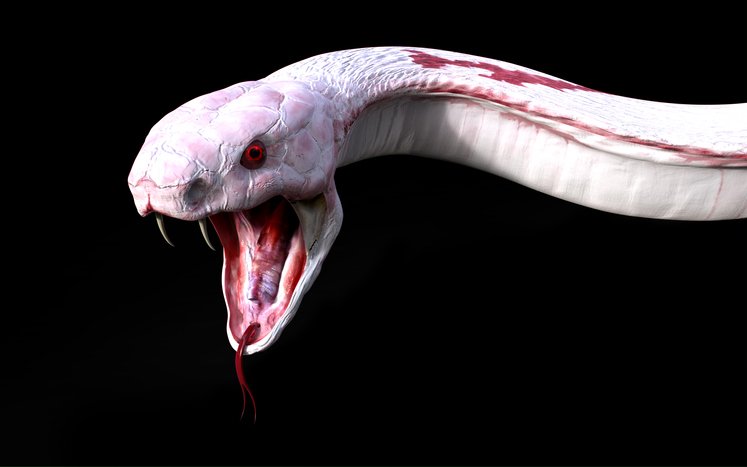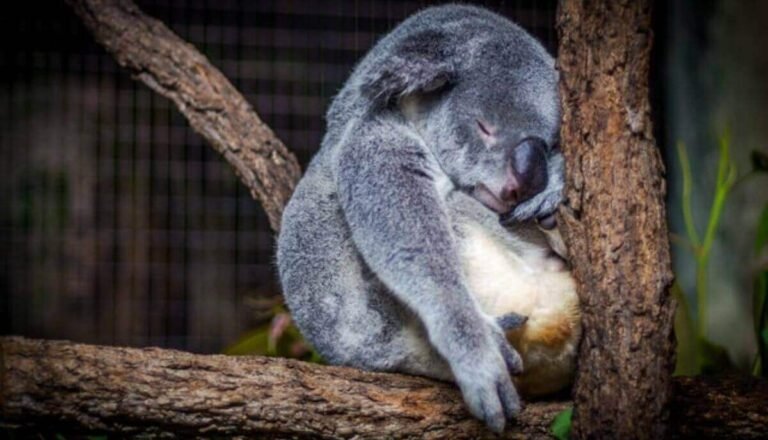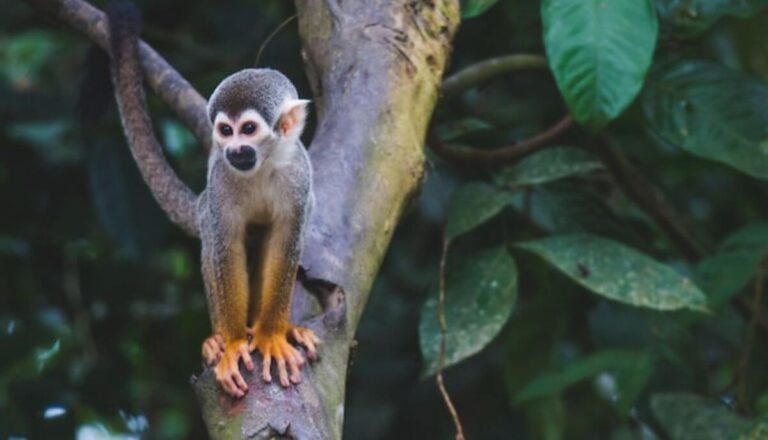Do Bats Eat Bees? All You Need To Know
Bats are often associated with spooky Halloween stories and horror movies. However, these creatures play an important role in our ecosystem. Many people don’t know that bats eat bees.
In fact, bats are one of the main predators of bees. This may seem like a bad thing, but it’s actually beneficial for both species.
Do bats eat bees? This is a question that many people have, and for good reason. After all, bees are important pollinators and play a vital role in our ecosystem.
However, it’s important to remember that bats are also animals with their own needs and preferences. So, what do we know about this potential predator-prey relationship?
There is evidence to suggest that bats do eat bees on occasion.
For instance, one study found that greater long-eared bats (Plecotus auritus) were capable of preying on bumblebees (Bombus spp.). In addition, other research has shown that some species of insectivorous bats will consume honeybees (Apis mellifera). While the diet of most bat species consists primarily of insects like moths and beetles, it’s not uncommon for them to sample other types of prey as well.
So why do bats eat bees? It’s likely for the same reasons that they consume other insects: because they’re hungry and the bees are an easy source of food. However, there may be another factor at play as well.
Some experts believe thatbats may view bees as a threat since they compete for the same insect prey items. By eating them, the bats may be able to reduce this competition and increase their chances of survival.
Of course, there’s no need to panic if you see a bat flying around your bee hive.
The vast majority of these encounters will end without any harm to the bee population.
Do Bats Eat Hornets
Most people think of bats as eating insects, but did you know that some bats also eat other animals? Bats that eat other animals are called carnivorous bats. One type of carnivorous bat is the horned bat.
Horned bats are found in Africa and Asia. They get their name from the two “horns” on their noses.
These horns are actually just skin flaps.
They help the horned bat to echo-locate its prey. Echo-location is when an animal uses sound waves to figure out where something is. The horned bat can send out a sound wave and then listen for the echo.
This helps it to find small mammals, like rodents or even birds, in the dark!
The diet of a horned bat isn’t just limited to meat, however. These bats will also eat fruit if they can find it.
In fact, one study found that up to 25% of a horned bat’s diet could be fruit!
Do Bats Eat Mice
There are many misconceptions about bats, but one of the most common is that they eat mice. While it’s true that some species of bats do eat rodents, not all of them do. In fact, most bats actually consume insects.
So why do people think that bats eat mice? It’s likely because of their flying mammal cousins: birds. Many birds are known to prey on small mammals like mice, so it’s not a far stretch to assume that bats might too.
However, there are some key differences between bats and birds that help set them apart when it comes to diet. For starters, bats are nocturnal creatures whereas most birds are active during the day. This means that they’re more likely to encounter insects at night than rodents.
Another key difference is in their hunting methods. Bats use echolocation to navigate and find food whereas birds rely on sight. This means that bats are better equipped to catch insects mid-flight than rodents running around on the ground.
So next time you see a bat, don’t be quick to assume that it’s looking for its next mouse meal!
What Eats Bees
Bees are a vital part of our ecosystem, providing pollination services for many plants and crops. Unfortunately, they are also under attack from a variety of predators. Here’s a look at some of the creatures that prey on bees.
One of the most common bee predators is the wasp. Wasps are attracted to the same flowers that bees visit, and will often wait near the entrance to a hive in order to ambush them. In addition to being aggressive hunters, wasps can also destroy hives by carving out their own nesting areas inside of them.
Another predator that target bees are certain types of spiders. While most spiders are content to eat insects that are smaller than bees, there are some species that will make an exception for these tasty morsels. One such spider is the Australian tarantula hawk, which has been known to kill and eat adult honeybees.
Birds can also be troublesome for bee populations. Although bees aren’t typically on the menu for most birds, they will occasionally take advantage of an opportunity to snag one. This is especially true for young birds who haven’t yet learned what kinds of insects are safe to eat.
Beekeepers sometimes use special netting around their hives in order to keep birds from getting at the bees inside.
Of course, humans also pose a threat to bee populations – though hopefully not intentionally! The overuse of pesticides and herbicides can kill off entire colonies of bees, as can habitat loss due to urbanization or agriculture .
We need to be mindful of the role that bees play in our environment and do what we can to protect them from harm .
Do Bats Eat Butterflies
Bats are known to eat a variety of insects, including butterflies. While the exact reasons why bats eat butterflies is unknown, it is speculated that they do so for one or more of the following reasons:
1. To fulfill their nutritional needs: Bats require a diet that is high in protein in order to survive.
Insects like butterflies contain a good amount of protein, making them an ideal food source for bats.
2. To take advantage of their flying ability: Butterflies are able to fly long distances and cover a lot of ground quickly. This makes them difficult for predators to catch.
By eating butterflies, bats can take advantage of their flying ability and obtain an easy meal.
3. To help control the butterfly population: Some experts believe thatbats may help control the butterfly population by eating them. This is because as the butterfly population decreases, there will be less competition for food sources among bat populations.
Do Bats Eat Mosquitoes
Bats are amazing creatures that play an important role in our ecosystem. Many people think of bats as being dirty and full of diseases, but this couldn’t be further from the truth! Bats are actually very clean animals and they help to control the mosquito population.
So, do bats eat mosquitoes? The answer is yes! Bats are known to consume large numbers of mosquitoes each night.
In fact, a single bat can eat up to 600 mosquitoes in one hour! Not only does this help to reduce the number of pesky mosquitoes around, but it also helps to protect us from diseases that these insects can carry.
There are over 1,200 species of bats in the world and they can be found on every continent except for Antarctica.
Bats play a vital role in our environment and we should do everything we can to protect them.
Do Bats Eat Lightning Bugs
Do Bats Eat Lightning Bugs?
We all know that bats love to eat bugs, but do they also like to eat lightning bugs? Well, it turns out that the answer is yes!
In fact, bats will often hunt for lightning bugs in order to get their fill of protein.
So, next time you see a bat flying around at night, there’s a good chance that it’s on the lookout for some tasty lightning bugs!
Do Bats Eat Spiders
Are you wondering if bats eat spiders? The answer is yes! Bats are voracious eaters and will consume a variety of insects, including spiders.
While most spiders are relatively harmless to humans, some species can be dangerous, so it’s good to know that bats can help keep their populations in check.
Bats typically hunt at night, using echolocation to locate their prey. Once they’ve found an insect, they’ll swoop down and snatch it up in their powerful jaws.
They then take their meal back to their roosting spot to enjoy.
While spiders may not be the tastiest food around, they do provide bats with a good source of protein. So if you see a bat flying around your home at night, don’t be alarmed – he’s just there for dinner!
Do Bats Eat Yellow Jackets
Yes, bats will eat yellow jackets. In fact, they will eat just about any kind of insect, including bees, wasps, and hornets. This is one of the things that make them such great predators.
They are able to take down these pesky insects in a matter of seconds, which helps to keep their populations in check.

Credit: nationalzoo.si.edu
Do Bats Eat Bees?
There are several species of bats that eat bees. The most common bat that feeds on bees is the little brown bat. These bats will typically eat honeybees and bumblebees.
Bats will also eat wasps, hornets, and yellow jackets.
Do Bats Like Honey?
Yes, bats do like honey! In fact, many species of bat are known to visit flowers in order to feed on nectar and pollen. While they don’t directly eat the honey itself, they often inadvertently consume small amounts while feeding.
Some studies have even shown that certain types of bats prefer different types of flower nectar, including those with high sugar content like honeysuckle.
Do Bats Eat Wasps?
Bats are known to eat a variety of insects, including wasps. While the majority of wasps consumed by bats are social wasps, such as yellowjackets and hornets, solitary wasps may also be eaten. Bats typically eat Wasps for protein and energy, and the number of Wasps consumed by a bat can vary depending on the species of bat and the time of year.
Some studies have found that bats can consume up to half their body weight in insects each night!
Do Bats Make Honey?
No, bats do not make honey. Honey is made by bees, which are flying insects in the family Apidae. Bats are mammals in the order Chiroptera.
Conclusion
Bats are nocturnal animals that are known to eat insects, including bees. While the majority of bats do not actively seek out bees as prey, they will eat them if they come across them while hunting for other insects. There is some evidence to suggest that certain species of bats may even prefer to eat bees over other insects.




![What Eats Cheetahs? [List of 5 Cheetah Predators]](https://proanimalguide.com/wp-content/uploads/2022/12/f0c4d7079f84444cb96795e30b6134dc-768x440.jpg)


